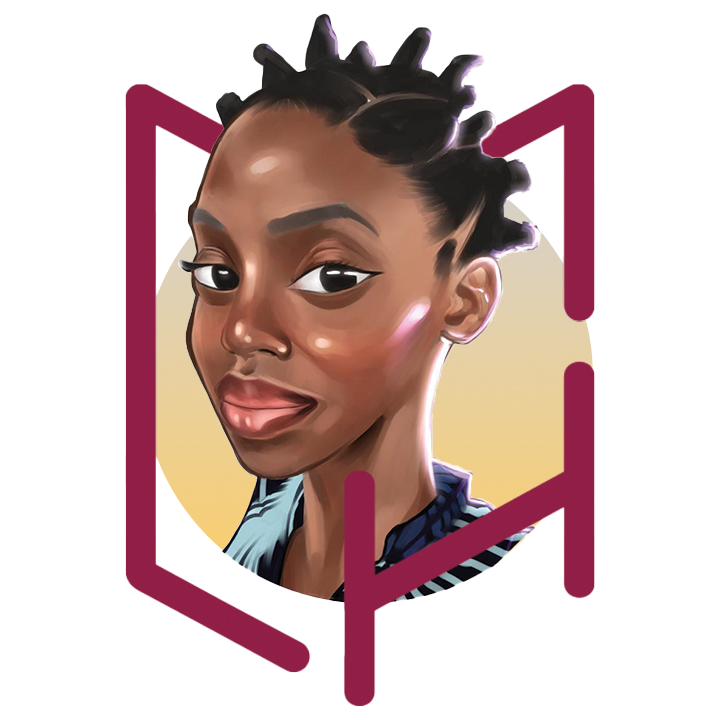Michel Foucault’s theory of power suggests that power exists within relationships and interactions, rather than as something that can be transferred or owned.
Foucault believed that power isn’t a thing—it’s not like a chair you can give to someone else. Instead, power shows up in the way people relate to each other. It’s always happening in interactions: between teacher and student, doctor and patient, government and citizen.
Power is not just held at the top and pushed downward—it flows through everyday actions, language, rules, and systems. It’s dynamic, not fixed. That means power can be challenged or shifted by changing how we interact or structure relationships.
So, in short: power is not something you own; it’s something you do—and it lives inside relationships.


